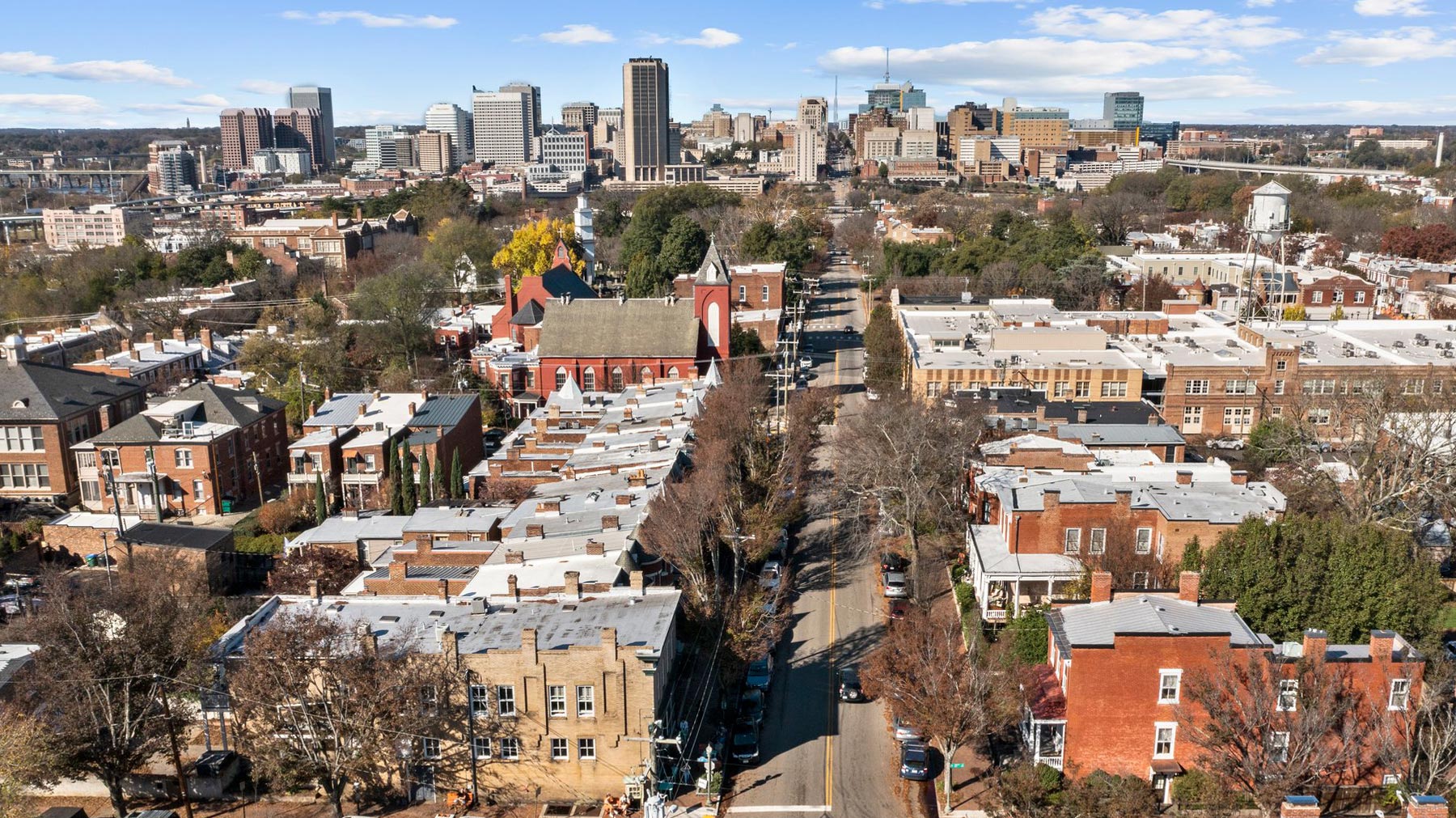For some people, a home is more than just a collection of rooms; it’s a legacy that is to be passed down through generations. These homes often hold a special place in the Greater Richmond Region, embodying a rich history that’s worth preserving. While the transaction of selling or buying a historic home is generally similar to any other real estate deal, additional factors come into play when other entities, such as historic preservation boards or national registries, are involved in setting rules for how the home looks and how it is to be maintained.
As a real estate agent specializing in historic homes, I’ve learned that the first step is to determine whether the property has been deemed significant and by whom. The National Register of Historic Places, managed by the National Park Service, recognizes properties worthy of preservation. These properties often fall under the purview of state and local preservation organizations as well.
Owners of historic homes face unique challenges, even when it comes to regular upkeep. For instance, one of my clients repainted the siding on their home that was in one of Richmond, Virginia’s historic districts, only to be reported for a slight deviation from the original shade. They were then required to repaint the trim to comply with preservation guidelines.
Being well-versed in the distinctions between homes with specific historical or architectural designations and those that simply possess vintage characteristics, is one of my strengths as a historic property specialist. When marketing a historic home, it’s crucial to highlight the features that contribute to its character and charm.
When SELLING a historic home, follow these crucial points:
-
Find the Right Listing Agent: Strategies for selling historic homes versus traditional homes are different. Look for a real estate agent familiar with antique homes to ensure your property falls into the right hands. You want to confirm that the potential seller’s agent has experience marketing these types of homes. Before committing, ask them about their strategy ideas for advertising and pricing your home. Also, be prepared to negotiate the commission before signing any contract.
-
Keep Your Home’s Charm: An older home often receives more wear and tear. Renovation projects may be necessary to update certain features, such as appliances. Make sure to keep the original style of your house in mind when making any changes. If your property loses its character, it could turn away potential buyers. However, there are some structural updates you can make while still preserving the history of your residence. Consider adding overarched doorways with curved molding to emphasize classic design elements. Here are some other remodeling projects to consider: Fix foundation issues. Repair your windows. Repair or replace your roof. Finish your basement or revamp your attic.
-
Make Modern Updates in Key Areas: While you want to keep your home true to its original style, you still want the house to be functional for buyers. The bathrooms and kitchens are good places to start. Consider updating your heating and cooling systems. Upgrade any kitchen appliances that aren’t properly functioning. Replace them with stainless-steel devices to attract potential buyers. Another way to spruce up your space on a budget is to repaint cabinets or walls. When redecorating these spaces, look for pieces at your local architectural salvage store to match your home’s historic design. When looking for vintage items, look for ones that can have multiple purposes, such as a flat-topped blanket chest. Be sure you’re working with contractors that are familiar with historic properties. You can also ask your real estate agent for a referral.
When BUYING a historic home, remember these important points:
-
Invest in a Thorough Inspection: Engage a qualified home inspector with expertise in older homes or a structural engineer to conduct a comprehensive home inspection. This will uncover any potential issues with the property and provide you with cost estimates from contractors for necessary repairs.
-
Delve Into the Home’s History: Before purchasing a historic home, conduct thorough research on the surrounding area and the property’s history. Determine if the home holds “historic” status and whether it belongs to a historic district. This information will clarify any renovation restrictions and inform you of potential tax breaks or grants you may be eligible for. Take a look at this guide to take a deep dive into finding out more information on historic homes in Richmond, Virginia.
-
Prioritize Regular Maintenance: Establishing a regular maintenance schedule is crucial for preserving the unique features of your historic home. Minimizing repairs, maintaining eccentric details, and caring for wooden floors appropriately are essential practices for preserving your home’s historical integrity.
Ready to Chat?




